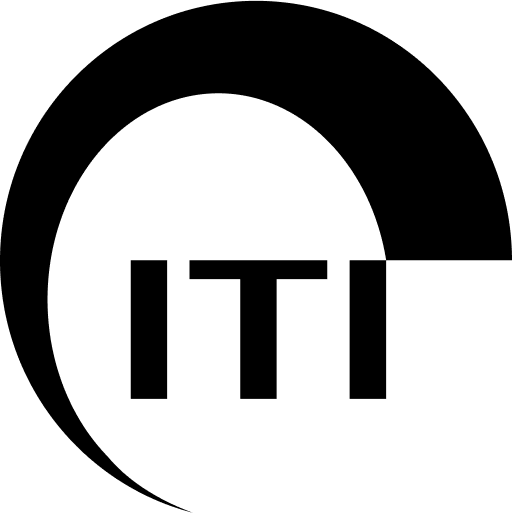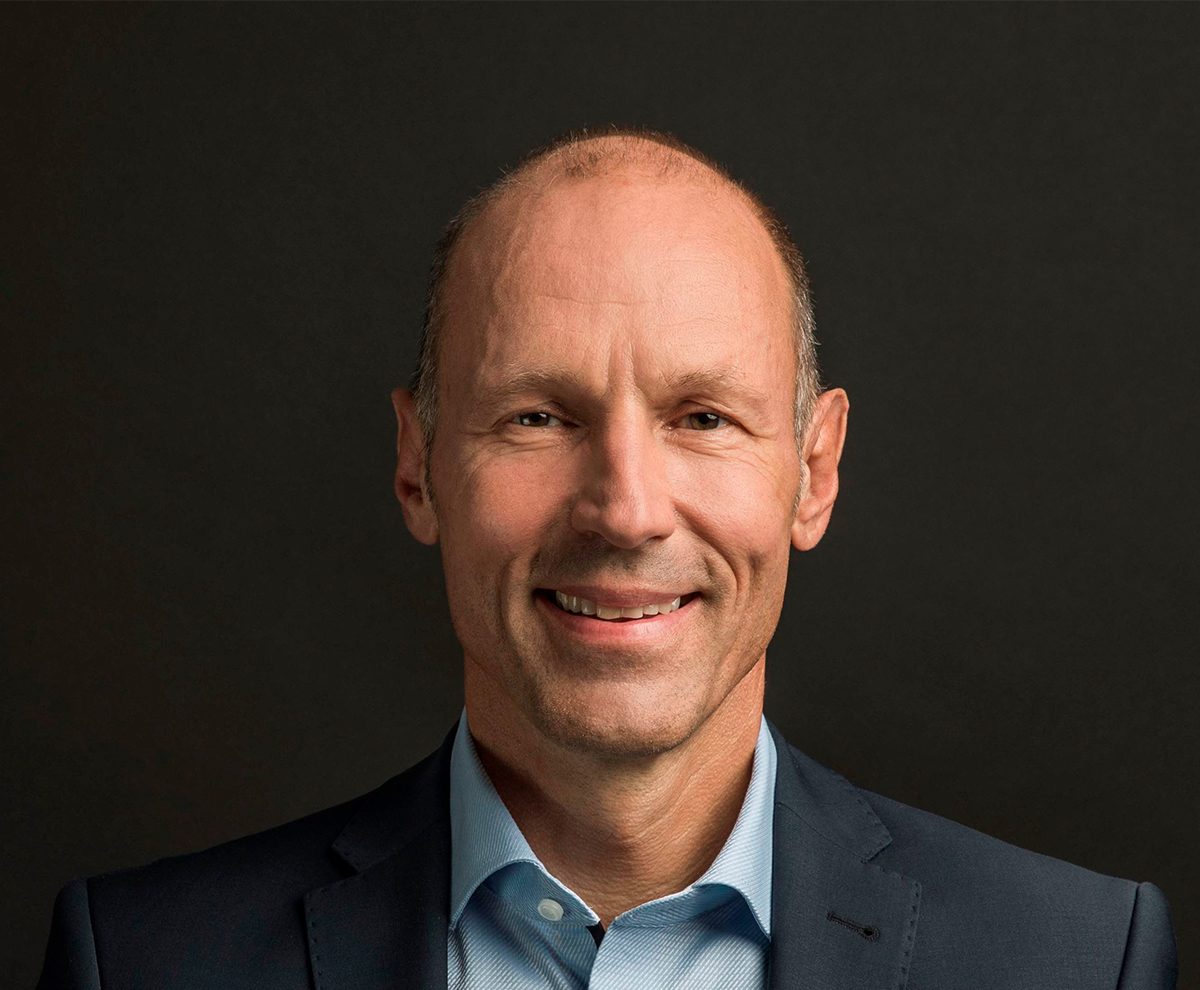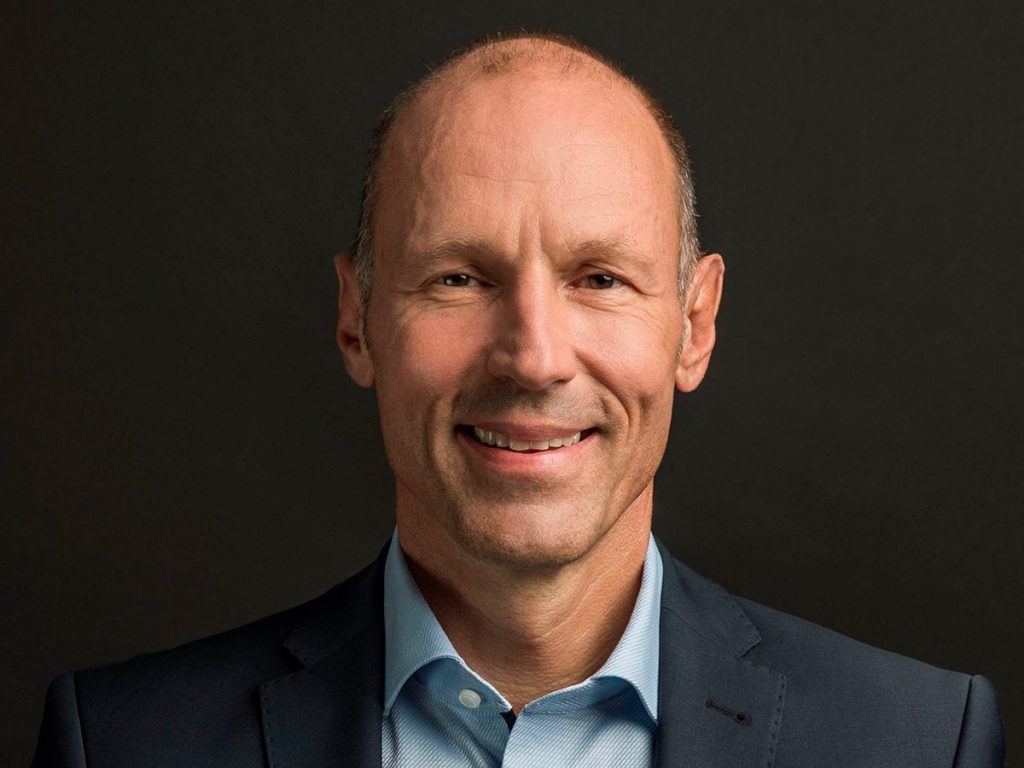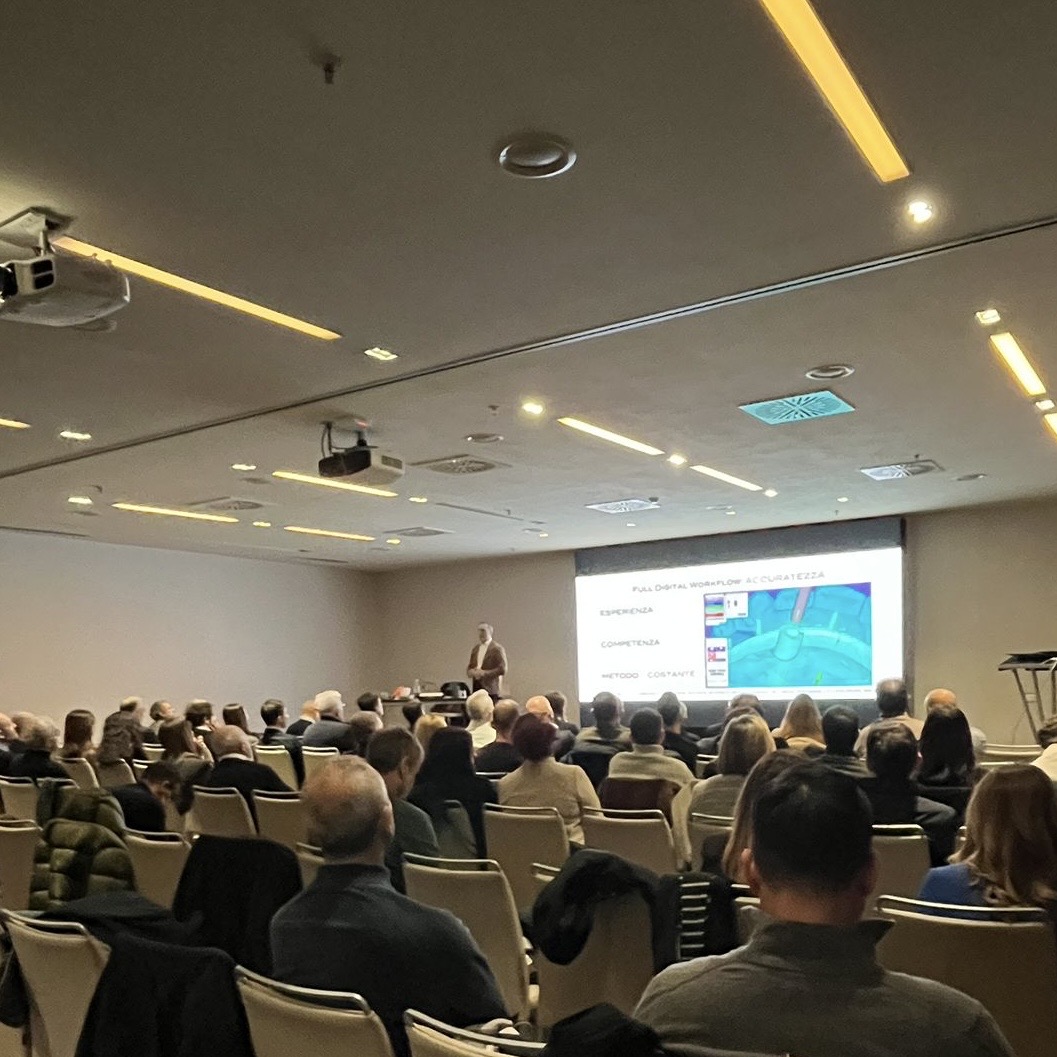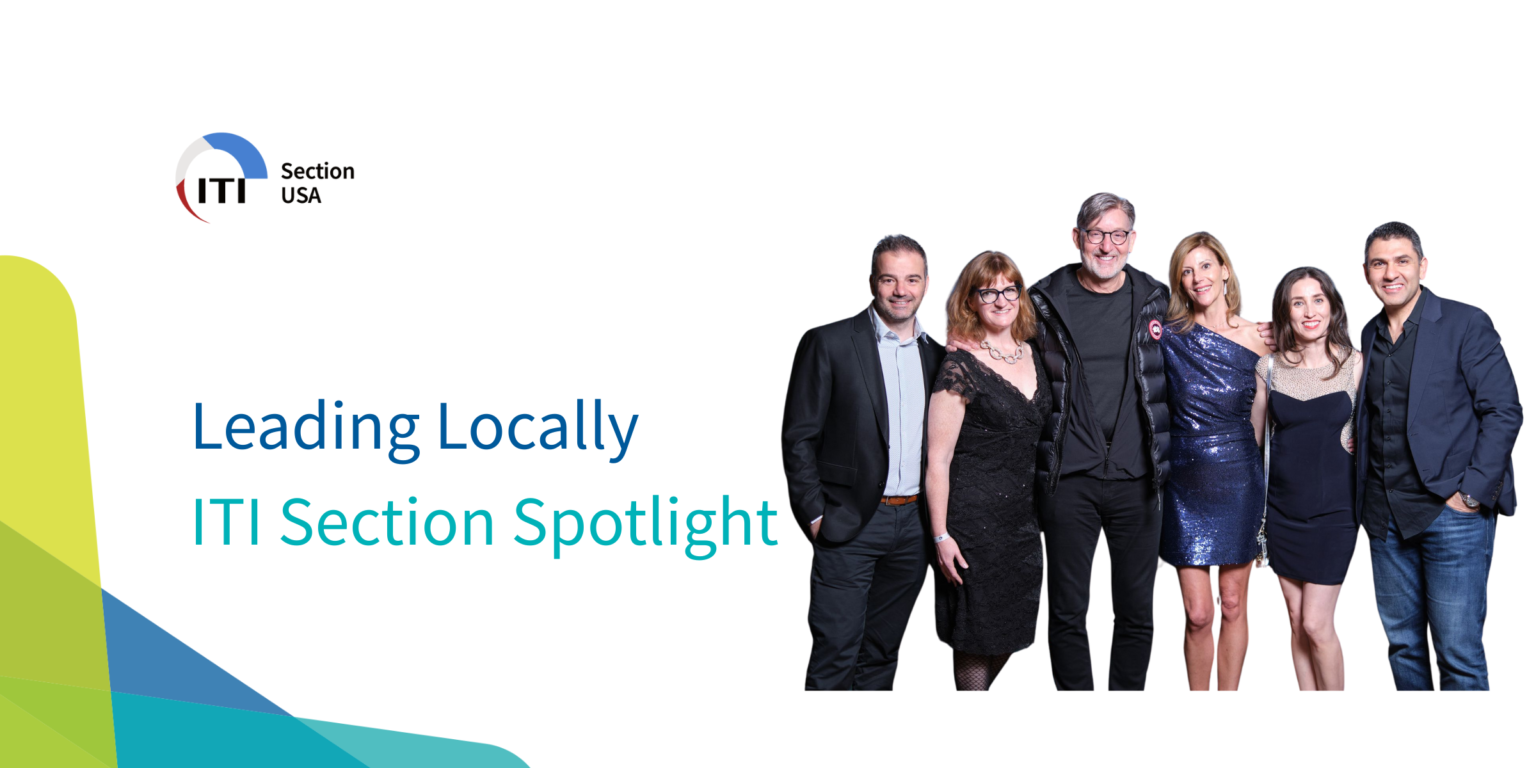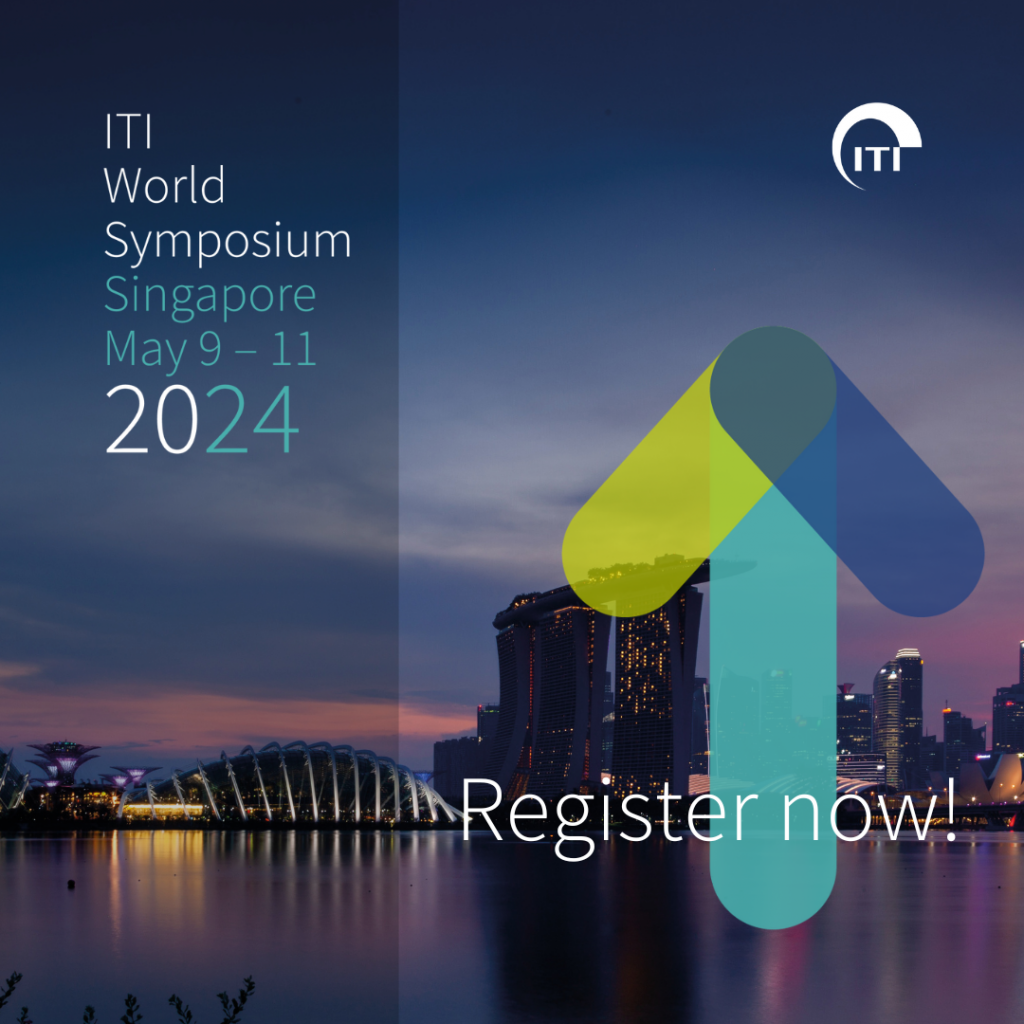After almost one year in office as CEO of the ITI, Dr. Alexander Ochsner shares some insights into the often turbulent times since he joined the organization in July 2019.
Alexander, you joined the ITI roughly a year ago as the CEO. What made you apply for this role?
There were three main reasons why I applied. The first is simple: after a successful career as an executive in the corporate for-profit world, I wanted to close the circle and go back to my academic roots in science. During my more than 15-year tenure in the field of implant dentistry in various multinational companies around the globe, I admired not only the power but also the impact the ITI had in helping to build reputation and market leadership. Straumann would not have become the global market leader in the evidence-based “premium” market without the successful and mutually beneficial 40-year collaboration with the ITI. And, last but not least, I consider this potentially last step in my career as a part of my own cultural journey to give something back and add even more meaning to my already happy life.
If you can remember your first couple of days, what were your initial impressions?
I had developed a pretty good picture of the ITI from my more than 15 years in implant dentistry, the last seven of which were with Straumann. This allowed me to compact the learning curve and identify the challenges and opportunities involved relatively quickly. My findings are best summarized in the following six observations:
- The ITI has a strong academic and clinical foundation that should be continued but lacks an entrepreneurial spirit and mindset. Combining the two will do the trick.
- The ITI was too much in its comfort zone and primarily cost- and not opportunity-driven.
- The ITI had no compelling plan for membership growth without losing money. So the better option then was not to grow.
- The ITI generates and owns highly didactic digital educational content, but not yet packaged in ideal formats to attract the younger generation of implant dentists.
- The ITI’s offerings were completely undervalued and undersold without leveraging its value propositions.
- The ITI lacked a formal overall strategic roadmap, i.e. where it wants to be in five years from now.
(Coronavirus aside) How would you describe your first year as the CEO of the ITI?
The first year has been very instructive and satisfying. I do not regret leaving the corporate for-profit world. I spent a lot of time listening to important stakeholders, and travelled in Europe, to APAC and North America to attend more than 15 different ITI Section activities. All these insights helped tremendously towards developing an effective strategy together with ITI HQ to take the ITI to the next level.
In which direction would you like to take the ITI over the next five years?
We want to put the ITI back on a growth transformation path. Why? Because we want to increase our global impact. We are already the largest implant dentistry association in the world, but we currently only have an estimated 8% market penetration in the evidence-based “premium” market. To have a real impact globally, we need 15 – 20% market penetration or around 40,000 – 50,000 Fellows and Members. This would be twice what we have today. We therefore need to grow our membership base by more than 10% over the next 5 years to achieve our growth aspirations. This is not a “mission impossible” as we were already on this steep growth path around 2010.
What do you think about the way the ITI has responded to the challenges raised by the Coronavirus to meet the needs of the ITI community?
In line with our new ITI values, we responded in a very fast and agile way to the new circumstances. Almost overnight, we created the ITI@home initiative. We opened up our digital content to non-ITI members and in almost no time had more than 16,000 new Affiliate registrations, which increased our entire community of Fellows, Members and Affiliate users to more than 100,000. The website traffic quadrupled to more than 4,500 unique visitors per day, and time per visit doubled to 14 minutes, indicating increased engagement and thus active usage of our e-learning offerings. We also improved our IT infrastructure to be able to offer all of our more than 740 Study Clubs in an online format.
We know you don’t have a crystal ball, but how do you see the emerging “new normal”, particularly in regard to the ITI?
In times of crisis, the strongest usually become even stronger. Together with the ITI Board and our industry partner Straumann, we decided not to decrease our resources significantly during the COVID-19 crisis but to continue with our growth aspiration. This will pay off in the mid-term. We therefore have a great opportunity to emerge from the crisis even stronger and achieve our growth objectives.
In general, the new normal will include a stronger trend towards remote working and usage of digital content and platforms. These trends should support our recent investments into IT and e-learning. Our congress and internal meeting set-ups will also most probably look different in the near future with a more hybrid offline/online set-up. And our upcoming decentralization efforts within the ITI to cope with the size and complexity of the VUCA world (VUCA = volatile, uncertain, complex, ambiguous) are supported by these trends. So, all in all, our future is bright if we continue to build on the right strategic measures.
Accompany us on our journey: Join our community and become a Member
